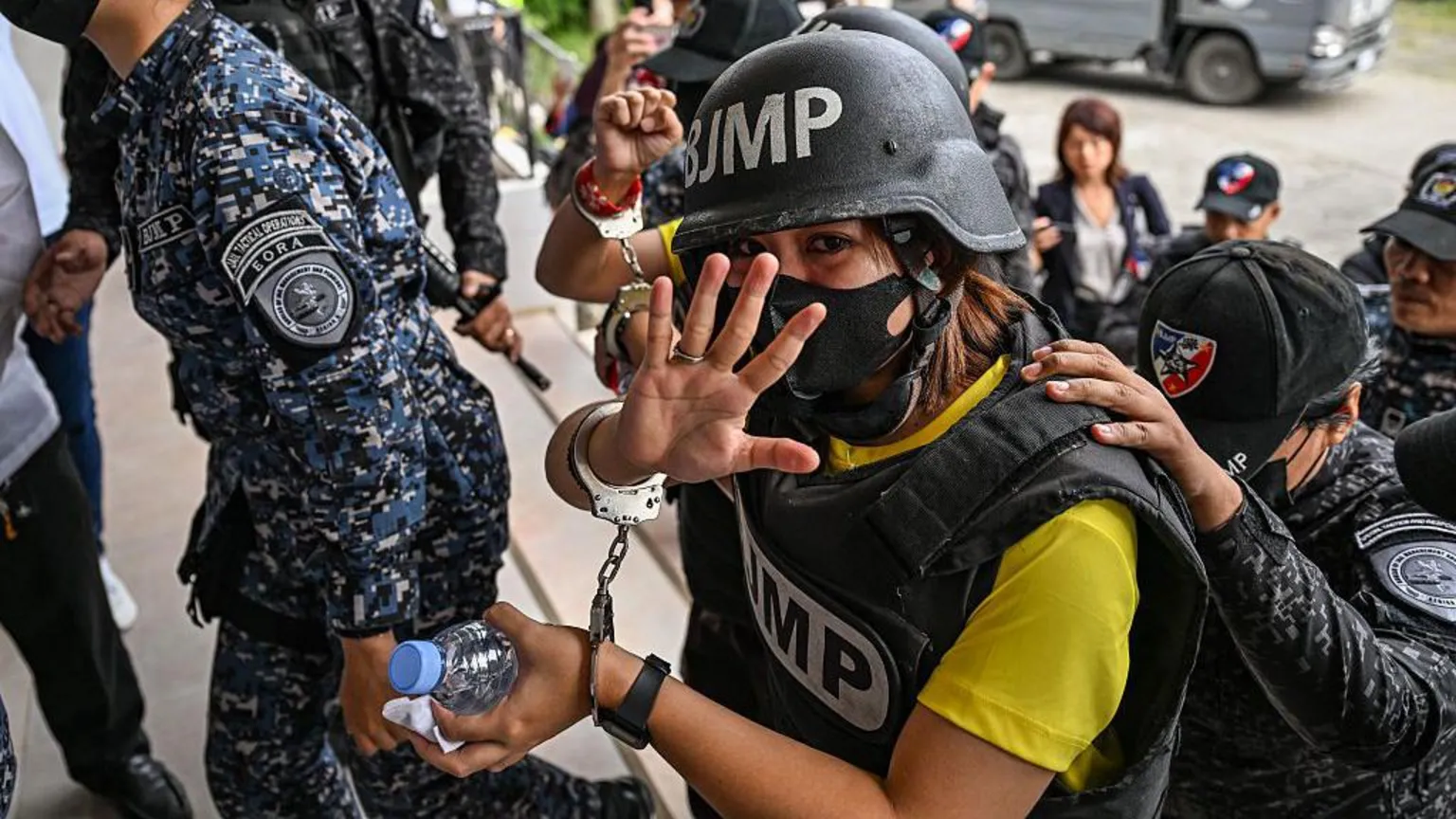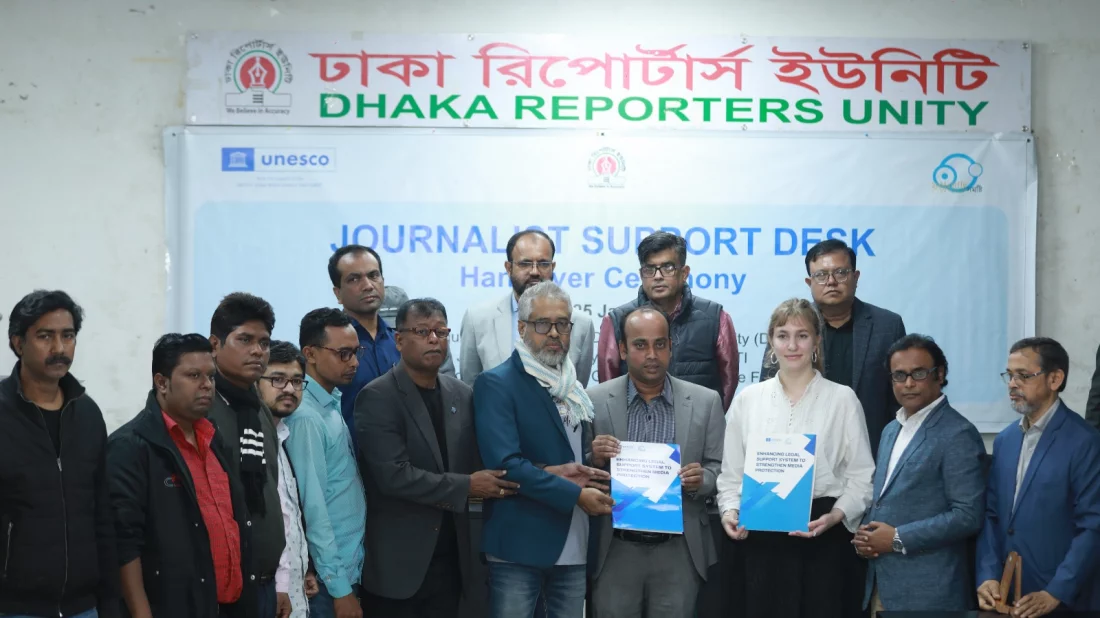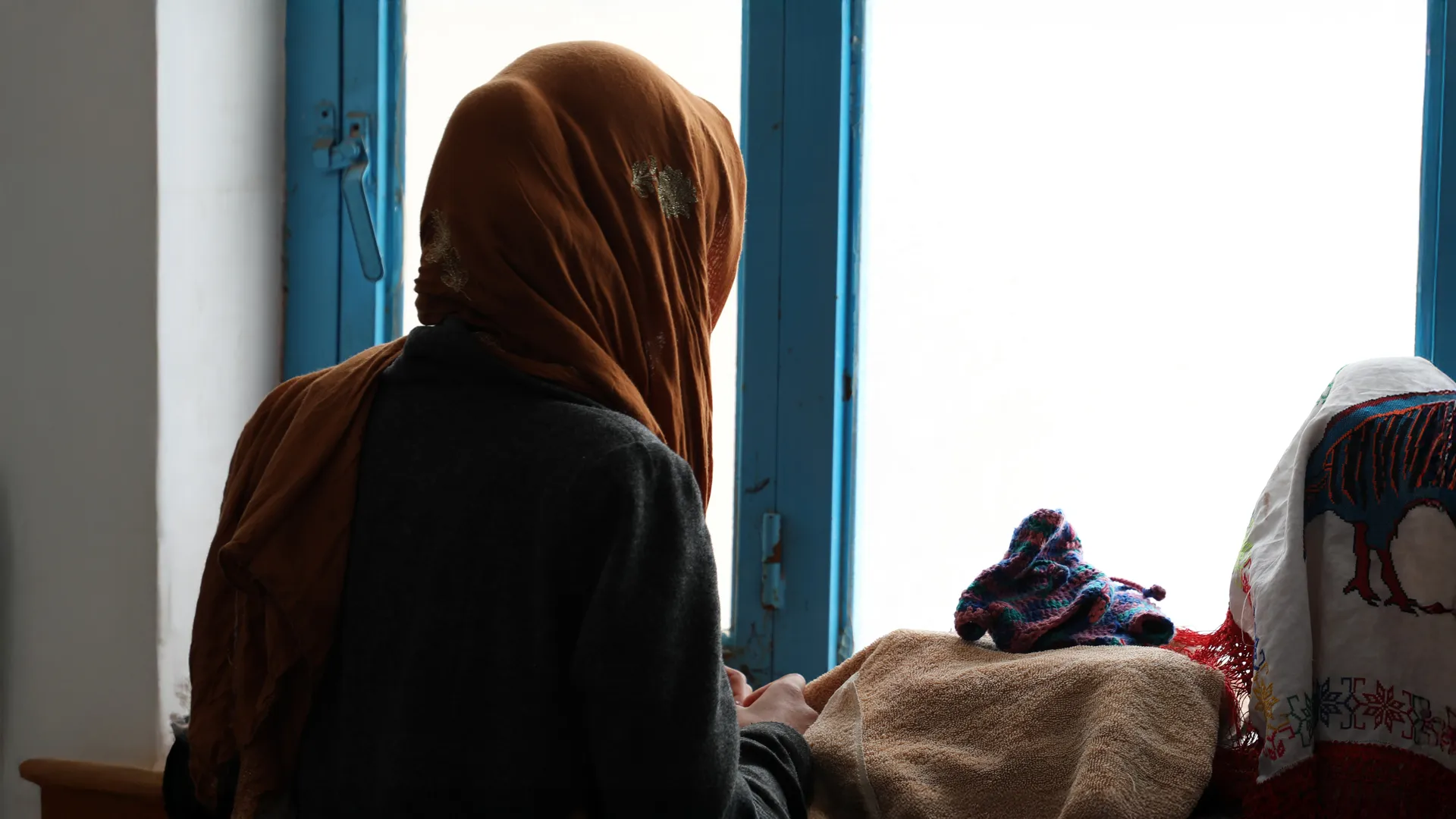
Azerbaijani Journalist Shahla Karim Detained Amid Crackdown on Election Coverage
September 10, 2024
UNESCO report reveals 70% of environmental journalists have been attacked for their work
September 10, 2024September 10, 2024 – China –
A new report by Reporters Without Borders (RSF) reveals how the Chinese government is extending its authoritarian grip beyond its borders to target Uyghur journalists living in exile. The case of Kasim Abdurehim, a U.S.-based Uyghur journalist originally from Xinjiang, illustrates the Chinese state’s alarming use of transnational repression to suppress independent reporting and stifle dissent.
Abdurehim, who fled China in 2017, has been subject to ongoing intimidation. According to RSF, at least twelve of his former colleagues, classmates, and friends still in China were detained and interrogated by authorities solely because of their past association with him. These actions were reportedly taken to pressure Abdurehim into abandoning his journalistic work or agreeing to work for Chinese state media. The authorities even demanded he produce propaganda targeting Uyghur communities abroad. Abdurehim’s refusal led to further harassment of his family members in Xinjiang, who remain under tight surveillance.
This is not an isolated incident. RSF and other watchdogs report that Chinese authorities routinely threaten and detain relatives of exiled Uyghur journalists and activists to silence critical voices abroad. The broader strategy includes digital surveillance, online harassment, disinformation campaigns, and attempts to influence or pressure foreign governments to take action against dissidents.
Freedom House has documented over 250 incidents of physical transnational repression by China since 2014, making it the leading state actor in suppressing dissent overseas. The pattern suggests a systematic effort to extend China’s censorship model into democratic societies, where exiled journalists had previously sought refuge and freedom to report.
RSF is calling on governments to recognize and confront these tactics. It urges host countries to offer greater protection to exiled journalists, including legal support, asylum pathways, and diplomatic pressure on China. The organization also calls for public condemnation of transnational repression and sanctions against those responsible.
The chilling reach of Beijing’s intimidation campaign against Uyghur journalists like Kasim Abdurehim underscores a critical threat to global press freedom. Protecting exiled reporters is not just a matter of personal safety—it is essential to defending the integrity of free information and democratic values worldwide.
Reference –




